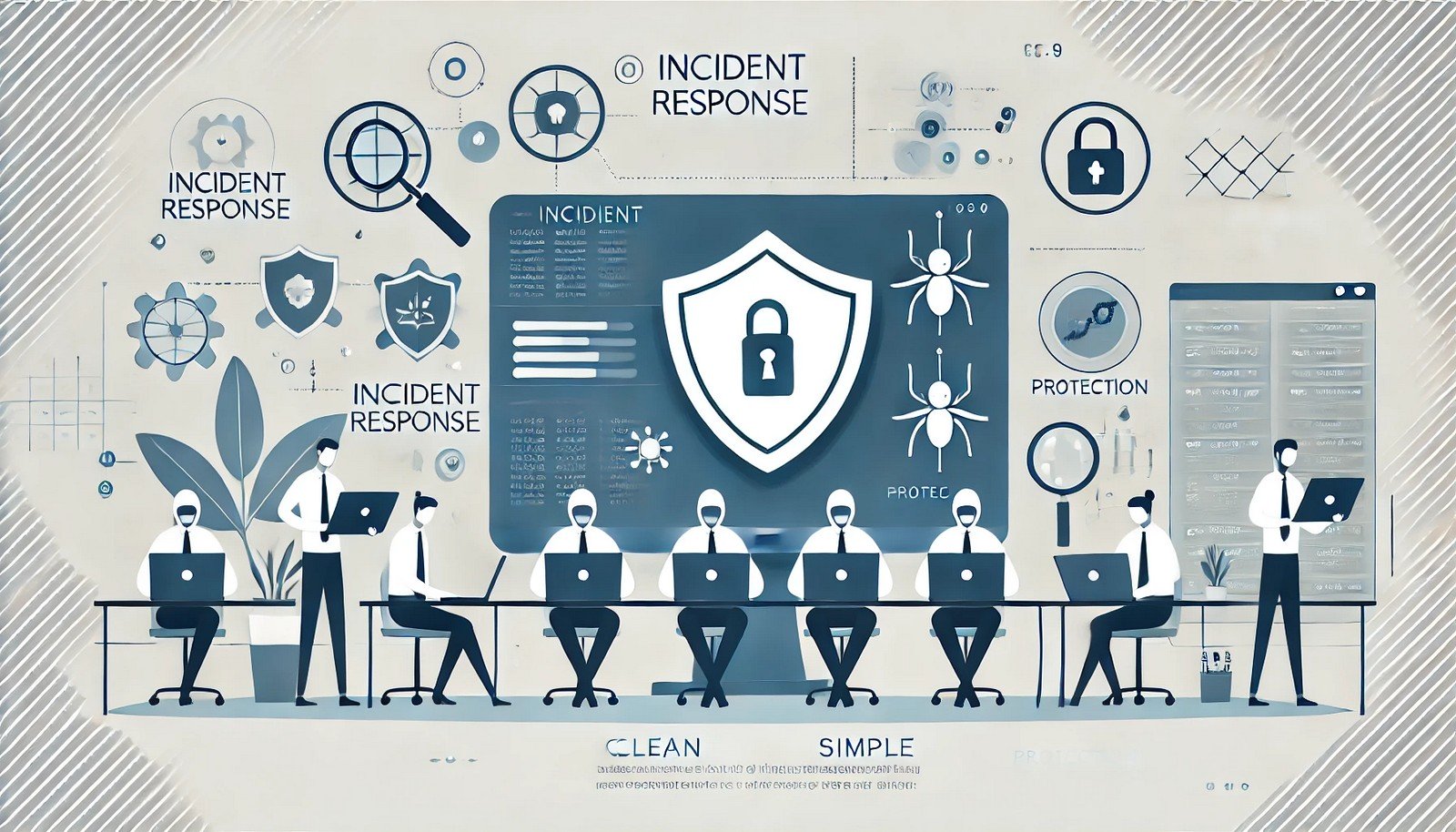Incident Response
 (Representational Image | Source: Dall-E)
(Representational Image | Source: Dall-E)
Quick Navigation:
- Incident Response Definition
- Incident Response Explained Easy
- Incident Response Origin
- Incident Response Etymology
- Incident Response Usage Trends
- Incident Response Usage
- Incident Response Examples in Context
- Incident Response FAQ
- Incident Response Related Words
Incident Response Definition
Incident response is the organized approach to addressing and managing cybersecurity threats or breaches. This process involves identifying, investigating, and mitigating security incidents to minimize impact and ensure swift recovery. Key components include detection, containment, eradication, recovery, and post-incident analysis. Incident response teams employ frameworks like NIST and strategies such as endpoint protection, intrusion detection systems, and real-time monitoring.
Incident Response Explained Easy
Think of incident response as calling the fire department when there’s a fire. The firefighters (incident response team) quickly arrive to assess the situation, put out the fire, and ensure it doesn’t spread. Later, they investigate what caused the fire to prevent future incidents.
Incident Response Origin
Incident response originated from the need for organizations to systematically manage security breaches as cyber threats became more sophisticated in the late 20th century. Early practices focused on response protocols for network vulnerabilities.
Incident Response Etymology
The term stems from "incident," referring to unexpected events, and "response," indicating actions taken to manage and resolve such events.
Incident Response Usage Trends
Incident response has gained significant attention in recent years due to the rise of cyberattacks, ransomware, and data breaches. Organizations across sectors prioritize having robust incident response plans, especially in compliance-heavy industries like finance and healthcare.
Incident Response Usage
- Formal/Technical Tagging:
- Cybersecurity
- IT Management
- Risk Mitigation - Typical Collocations:
- "incident response team"
- "incident response framework"
- "incident response protocol"
Incident Response Examples in Context
- A company’s incident response team contained a phishing attack, preventing data exfiltration.
- Incident response plans helped a hospital recover swiftly from a ransomware attack.
- Using automated tools, an IT team identified and stopped a malware outbreak in real time.
Incident Response FAQ
- What is incident response?
Incident response is the process of managing and mitigating cybersecurity incidents. - Why is incident response important?
It ensures minimal damage and rapid recovery from security threats. - What are the phases of incident response?
The phases include preparation, detection, containment, eradication, recovery, and post-incident review. - How does incident response differ from disaster recovery?
Incident response focuses on cybersecurity threats, while disaster recovery addresses broader IT outages. - What tools aid incident response?
Tools include endpoint detection, SIEM (Security Information and Event Management), and forensic analysis software. - Who is responsible for incident response in an organization?
Typically, a dedicated incident response team or IT security personnel handle it. - What challenges arise in incident response?
Challenges include insufficient preparation, lack of expertise, and sophisticated cyber threats. - How can organizations improve incident response?
By creating detailed plans, conducting regular training, and using advanced monitoring tools. - What is the role of communication in incident response?
Clear communication is vital to coordinating efforts and minimizing panic during an incident. - Can incident response prevent future cyberattacks?
While it primarily mitigates current threats, post-incident analysis helps prevent future occurrences.
Incident Response Related Words
- Categories/Topics:
- Cybersecurity
- Risk Management
- Business Continuity
Did you know?
The concept of "bug bounties" aligns with incident response, where companies reward ethical hackers for identifying vulnerabilities. In 2016, Uber avoided a major data breach thanks to their bug bounty program uncovering critical flaws in time.
PicDictionary.com is an online dictionary in pictures. If you have questions or suggestions, please reach out to us on WhatsApp or Twitter.Authors | Arjun Vishnu | @ArjunAndVishnu

I am Vishnu. I like AI, Linux, Single Board Computers, and Cloud Computing. I create the web & video content, and I also write for popular websites.
My younger brother, Arjun handles image & video editing. Together, we run a YouTube Channel that's focused on reviewing gadgets and explaining technology.



Comments powered by CComment